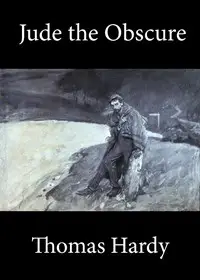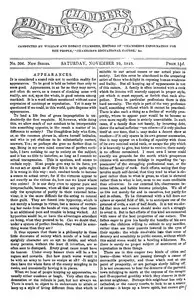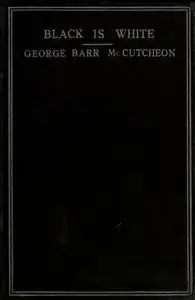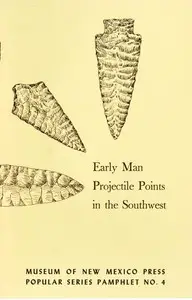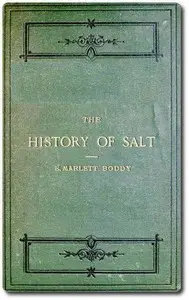"Evan Harrington — Volume 5" by George Meredith is a story from the late 1800s. It's about how social class affects who we are, who we want to be, and how we love, especially for Evan Harrington, a tailor trying to find his way in the world. The story kicks off with Mrs. Mel and her family's lives turned upside down because of Evan's actions; he's been pretending to be a rich gentleman, engaged to someone important, and Mrs. Mel has to deal with the fallout. Evan struggles with feeling like he's not good enough and dealing with what society expects from him as he falls in love with Rose, who belongs to a much higher social circle than he does. Their interactions show the strict rules of society and how hard it is to find love when social classes keep people apart.

Evan Harrington — Volume 5
By George Meredith
A young tailor's deceit plunges his loved ones into disarray as he navigates the treacherous waters of love and class in high society.
Summary
About the AuthorGeorge Meredith was an English novelist and poet of the Victorian era. At first, his focus was poetry, influenced by John Keats among others, but Meredith gradually established a reputation as a novelist. The Ordeal of Richard Feverel (1859) briefly scandalised Victorian literary circles. Of his later novels, the most enduring is The Egoist (1879), though in his lifetime his greatest success was Diana of the Crossways (1885). His novels were innovative in their attention to characters' psychology, and also portrayed social change. His style, in both poetry and prose, was noted for its syntactic complexity; Oscar Wilde likened it to "chaos illumined by brilliant flashes of lightning". Meredith was an encourager of other novelists, as well as an influence on them; among those to benefit were Robert Louis Stevenson and George Gissing. Meredith was nominated for the Nobel Prize in Literature seven times.
George Meredith was an English novelist and poet of the Victorian era. At first, his focus was poetry, influenced by John Keats among others, but Meredith gradually established a reputation as a novelist. The Ordeal of Richard Feverel (1859) briefly scandalised Victorian literary circles. Of his later novels, the most enduring is The Egoist (1879), though in his lifetime his greatest success was Diana of the Crossways (1885). His novels were innovative in their attention to characters' psychology, and also portrayed social change. His style, in both poetry and prose, was noted for its syntactic complexity; Oscar Wilde likened it to "chaos illumined by brilliant flashes of lightning". Meredith was an encourager of other novelists, as well as an influence on them; among those to benefit were Robert Louis Stevenson and George Gissing. Meredith was nominated for the Nobel Prize in Literature seven times.














